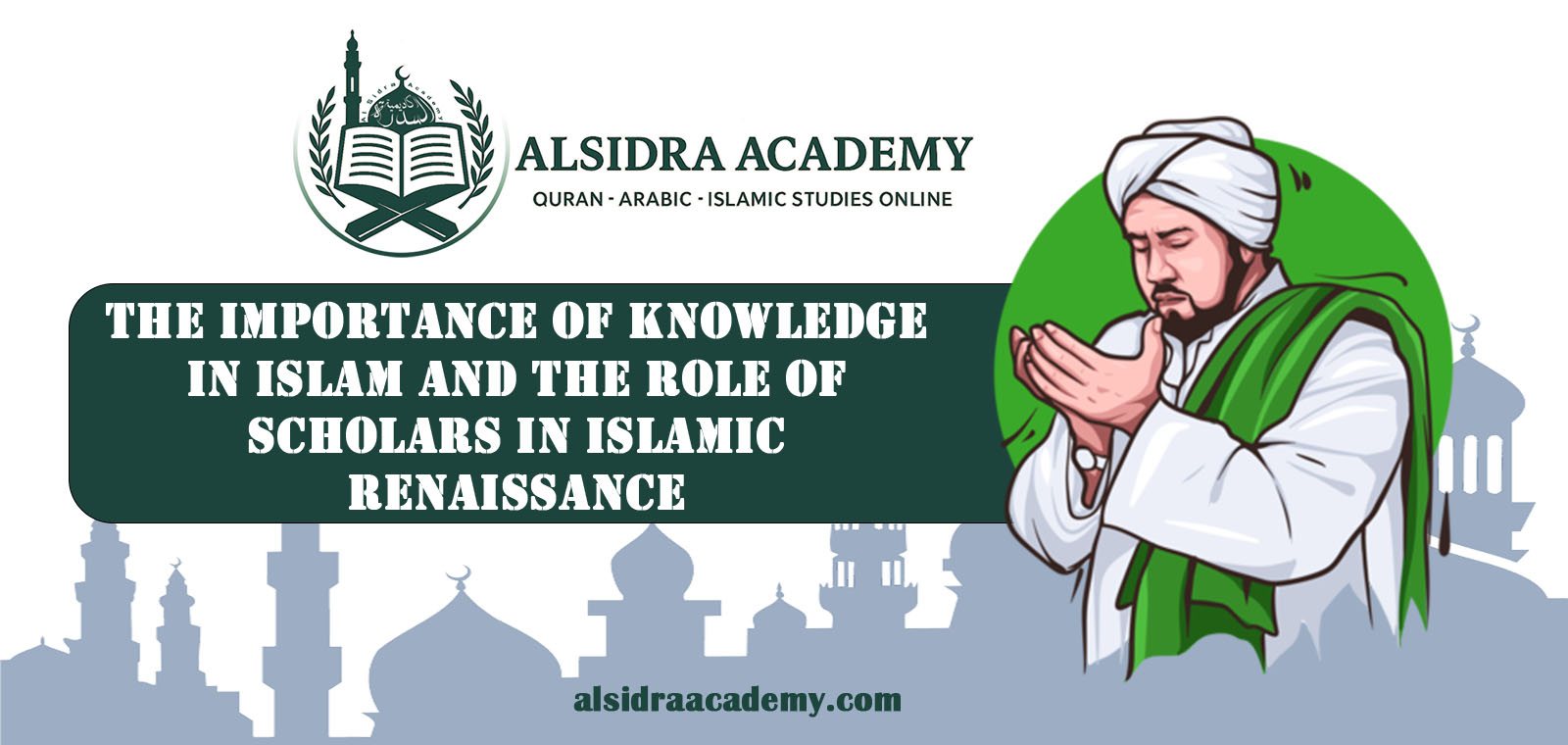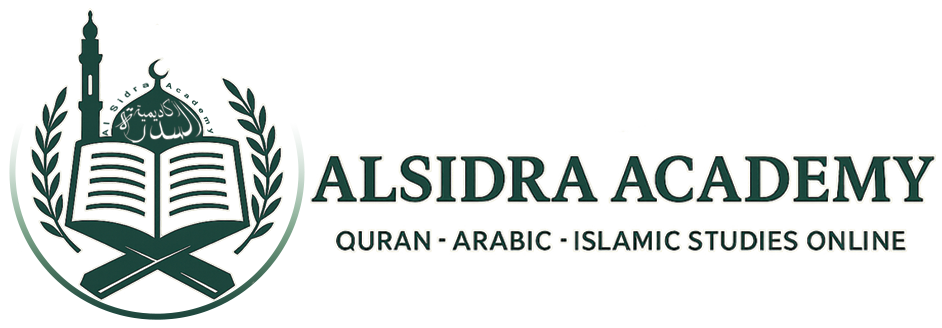
In Islam, knowledge holds a significant place and is considered one of the most valuable assets a person can acquire. It is not merely an intellectual pursuit, but a form of worship and a means of connecting with Allah. The role of scholars in Islam has been fundamental in preserving and advancing knowledge throughout history, contributing significantly to the intellectual and cultural renaissance that shaped the Islamic world. In this article, we will explore the importance of knowledge in Islam and the pivotal role scholars played in the Islamic renaissance.
1. The Importance of Knowledge in Islam
Islam places a great emphasis on the acquisition of knowledge. The first revelation to the Prophet Muhammad (PBUH) was centered around the concept of knowledge: “Read in the name of your Lord who created” (Quran, 96:1). This highlights the divine endorsement of knowledge and learning. Throughout the Quran and Hadith, the importance of knowledge is emphasized as a means of achieving a closer relationship with Allah and understanding His creation.
Key points regarding the importance of knowledge in Islam include:
-
A Path to Piety and Worship: Acquiring knowledge is a way of fulfilling one’s duties towards Allah. The Prophet Muhammad (PBUH) said, “Seeking knowledge is an obligation upon every Muslim” (Sunan Ibn Majah). Knowledge helps individuals understand their faith better, leading to deeper worship and a more righteous life.
-
Guidance for Society: Knowledge is the cornerstone of a just and prosperous society. It guides individuals on how to live with integrity, ethics, and in accordance with Islamic teachings. A knowledgeable person is better equipped to contribute positively to the community.
-
Spiritual Growth: Islamic knowledge is not only about worldly benefits but also about spiritual enlightenment. It helps individuals reflect on the Quranic verses, the Hadith, and the signs of Allah in the universe, leading to a stronger faith.
2. The Role of Scholars in the Islamic Renaissance
Scholars in Islam have always been the custodians of knowledge, preserving, teaching, and advancing intellectual pursuits in various fields. From the early Islamic civilization to the Islamic Golden Age, scholars played a crucial role in the intellectual and scientific advancements that led to the renaissance in the Islamic world.
Key roles of scholars in the Islamic renaissance include:
-
Preserving and Expanding Islamic Knowledge: Scholars were instrumental in preserving the Quran, Hadith, and other Islamic texts. They also contributed to the interpretation and application of Islamic law, ensuring the continuation of the faith for generations to come.
-
Advancing Various Sciences: During the Islamic Golden Age, scholars made significant contributions to fields such as mathematics, astronomy, medicine, philosophy, and chemistry. Figures like Al-Khwarizmi, Ibn Sina, and Al-Razi advanced knowledge in these areas, which later influenced the Renaissance in Europe.
-
Establishing Institutions of Learning: Scholars were pivotal in establishing institutions like madrasas (schools) and libraries that became centers of knowledge and learning. These institutions were crucial in spreading knowledge across the Muslim world and beyond.
-
Moral and Social Guidance: Scholars also played a vital role in providing guidance on moral and social issues, helping to preserve the ethical values of Islam. They acted as leaders in their communities, providing counsel and resolving disputes according to Islamic principles.
3. The Role of Modern Scholars in Contemporary Islam
While the Islamic Golden Age is often regarded as a time when scholars made groundbreaking contributions, the role of modern scholars remains just as important. In the contemporary world, scholars continue to guide Muslim communities, adapting Islamic teachings to the challenges of the modern age.
Key roles of contemporary scholars include:
-
Interpreting and Teaching the Quran: Modern scholars continue the tradition of interpreting the Quran and Hadith, providing clarity on how to apply Islamic teachings in today’s world.
-
Addressing Contemporary Issues: With the rapid advancements in science, technology, and globalization, scholars help Muslims navigate complex issues such as bioethics, politics, and social justice, always ensuring that the solutions align with Islamic teachings.
-
Spreading Knowledge through Modern Channels: Today, scholars use modern tools like the internet, books, podcasts, and social media to disseminate knowledge, making it accessible to a global audience.
4. The Connection Between Knowledge and the Islamic Renaissance
The Islamic renaissance was not limited to intellectual advancements in the sciences, but also encompassed a broader cultural and spiritual awakening. Knowledge, both sacred and secular, was the key driver behind the prosperity and intellectual achievements of the Islamic world during this period.
It was the scholars who preserved and passed down knowledge from previous civilizations, such as the Greeks, Persians, and Indians, while also contributing their own innovations. This accumulation of knowledge led to advancements in various fields, and these contributions laid the foundation for the scientific revolution in the West.
In Islam, knowledge is not just an intellectual pursuit, but a vital component of faith and a means of connecting with Allah. The role of scholars in Islam has always been to preserve, protect, and expand knowledge, ensuring that it remains accessible for future generations. From the early days of Islam to the present, scholars have played a crucial role in shaping the intellectual, moral, and social fabric of the Muslim world. Their contributions continue to influence the way we understand and practice Islam today, ensuring that knowledge remains at the heart of the Islamic tradition.




No comment yet, add your voice below!